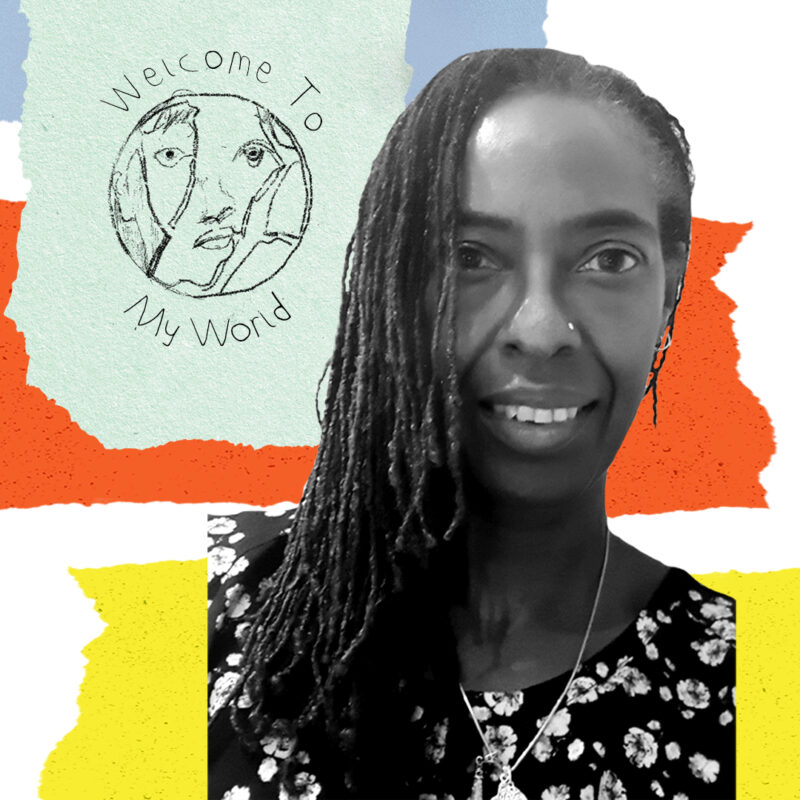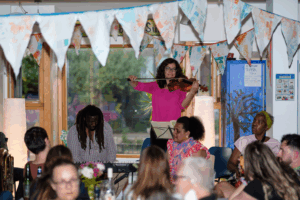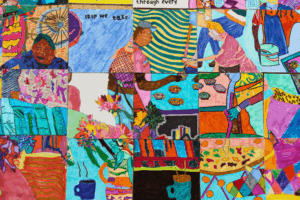Back in 2013 life moved very quickly for Rosy: as a police officer doing shift work and a keen runner she was on her feet for most of the day and enjoyed the fast pace. However, in December of that year, Rosy was admitted to hospital following days of sickness and what followed was a frantic search for answers which eventually saw her being diagnosed with meningitis.
“When I first arrived at hospital I was just fighting to stay alive; when they completed the tests and mentioned meningitis I thought it was viral, so I thought I’d be fine. When they explained to me that it was bacterial I asked the nurse “Oh my gosh am I going to die?”. I also contracted pneumonia as well and because the meningitis was so bad, I then contracted a complex stroke which hit three parts of my brain. So it completely changed me.”
What followed a three week hospital stay was two stints of rehab: one immediately after her initial discharge, and a second one at Queen’s Square for two months before finally returning home in December 2014.
“For me, proper rehab started when I returned to my own environment. In rehab it’s great, because you can concentrate on just getting better, but back in your own home, you have to do it all yourself. Nothing is geared up for a disability; I live in an old Victorian house on my own, with very steep stairs, in my mind going up to heaven.”
As a result of her injury Rosy lives with balance issues, and a range of hidden, cognitive effects that can be hard to explain to other people.
“If you have a visible disability or it’s physical – I’m not saying it’s any easier, all disability is hard – but with a brain injury it’s been so annoying when people say “oh you’re back to normal”. It’s so frustrating! There’s things I did so easily which I can’t do now, or things take me so much longer to complete. I used to drive, I had to sell my car and they took my licence back. It really upset me, to the point of crying, because it meant losing another part of my independence. I used to look outside and see people running, and I would bawl my eyes out because I couldn’t do it anymore and that used to be my escape mode. Same with filling in forms, if it’s short and simple it’s fine (name, date of birth etc) but as soon as it gets any more complicated, I can’t cope with it. Even at the rehab, the person at the rehab would say “don’t think about it, you just do it naturally” but surely, they must understand it doesn’t come naturally now!”
Rosy began receiving support work from Headway in 2016 and now has eight hours a week (usually in-person at her house and in the local community). Lockdown has been particularly tough for Rosy, who lives alone and only recently left the house for first time since March due to shielding.
“Not having my Support Workers to support me and help me with daily tasks, including taking me out and doing things for me, it really did impact on my situation. It bought to light how much I really do need help. I mean I always knew it, but I was just looking at it one day at a time. I didn’t really look in the future, but not having anyone in the house and not being able to go out, it bought it to light how much I really do need help and how much my disability has impeded me from doing the things that I used to do, when I was independent, before I became disabled. It was quite upsetting.”
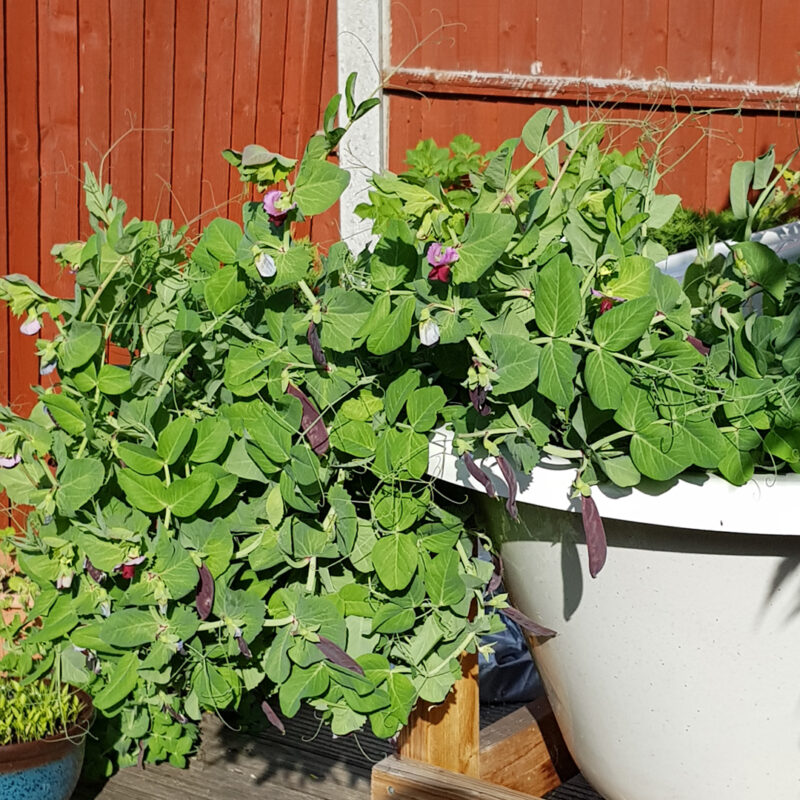
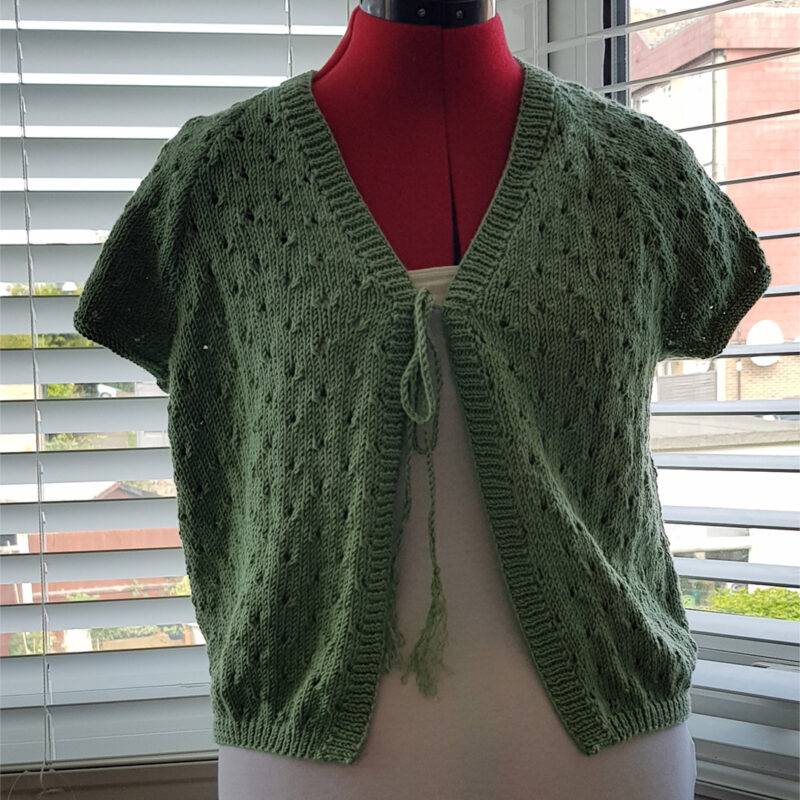
The situation did however offer some parallels to her own previous experiences immediately after her injury.
“The isolating bit and the ‘lockdown’ for the first few months, didn’t really bother me as such, because I went through that anyway because when I came out of hospital, went straight into rehab and then came home and I was literally in the house for the next 3 or 4 months. The only way I actually went out was when the ambulance came and took me to appointments. So in that respect, ‘lockdown’ and not being able to go out didn’t have a great impact.”
Looking to the future, Rosy and her Support Worker have just successfully applied for funding to buy a specially adapted reclining bike for her to regain some independence in her local community.
Rosy will be sharing more of her story in a special online event “The New (Neuro) Normal” for the Bloomsbury Festival on Saturday 17th October at 4.30pm – tickets are free but booking is essential (book here).

